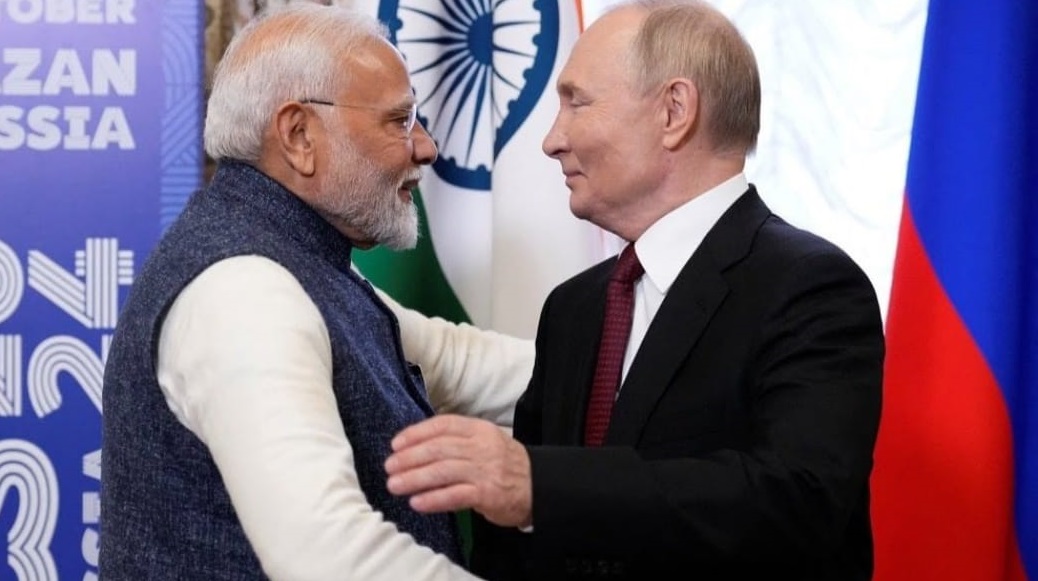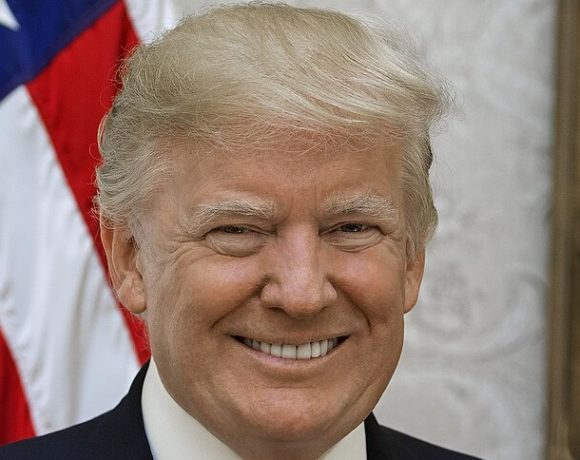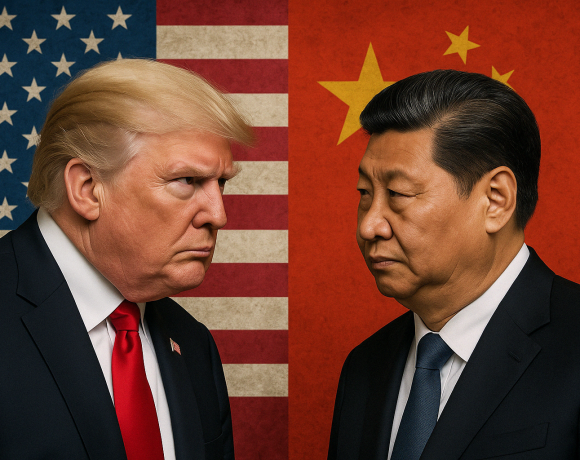
Trump-Backed Bill Threatens 500% Tariffs on India, China Over Russia Oil Trade
In a move that could significantly alter global trade dynamics, U.S. President Donald Trump has endorsed a new Senate bill proposing the imposition of 500% tariffs on countries maintaining strong economic ties with Russia—specifically targeting India and China. The dramatic proposal is being justified as a means to cut off the financial arteries that allegedly sustain Russia’s war campaign in Ukraine.
Tariff Bill
The proposed legislation empowers the U.S. president to levy extraordinarily high tariffs on goods imported from countries that continue purchasing Russian oil and other commodities. According to the bill’s authors, such trade undermines global sanctions against Russia and helps fund its military operations. The 500% tariff threat is intended to serve as a punitive deterrent and a tool of secondary economic sanctions.
Backed by over 80 U.S. Senators, the bill has garnered rare bipartisan momentum. Trump’s endorsement came informally, with reports suggesting he expressed full support for the bill’s objectives in a conversation with Senator Lindsey Graham. The Trump campaign has since clarified that the President views these measures as necessary to enforce “real pressure” on Russia’s allies.
Russia Sanctions
The bill’s logic is simple but forceful: by cutting off revenue streams from countries buying Russian energy and goods, the United States can hasten the financial collapse of Russia’s wartime economy. However, its broader implications could be profound—effectively weaponizing trade tools against major global partners under the banner of enforcing compliance.
India And China Impact
Both India and China have remained major buyers of Russian crude oil since the Ukraine war began. For India, Russian oil provides a stable and affordable energy source critical to domestic needs. Indian officials have maintained that such imports do not violate any international sanctions and are undertaken transparently. However, under this bill, even legal trade could trigger economic penalties.
For India, sectors such as pharmaceuticals, textiles, and IT services could face immediate tariff retaliation. China, already locked in a long-term economic rivalry with the United States, could see fresh barriers on consumer goods, electronics, and industrial imports.
Diplomatic Fallout
The bill risks straining already delicate geopolitical equations. India, a key partner in the Indo-Pacific strategy and member of the Quad alliance, may perceive this as undue pressure. China, on the other hand, is likely to retaliate with countermeasures, potentially escalating into another phase of trade warfare.
Political Context
The bill also aligns with Trump’s broader trade-first foreign policy. Coming at a time when U.S.–Japan talks are faltering and India–U.S. tariff negotiations are in their final stages, this proposal introduces fresh uncertainty. While it is unclear whether the bill will be enforced in its most extreme form, the message is unmistakable: the U.S. is willing to confront even strategic partners if they are seen as aiding adversaries.


















